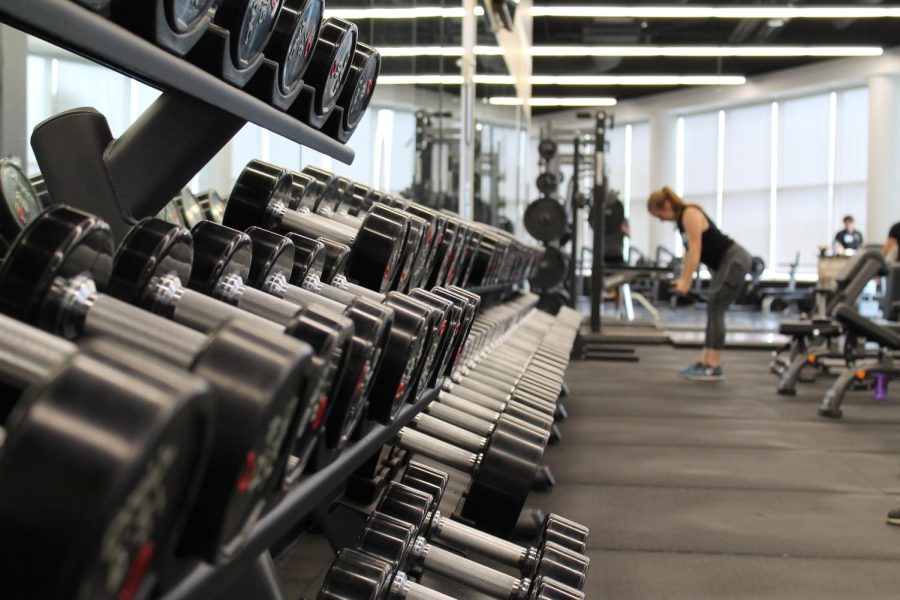How Should Someone Start a New Exercise Routine?
It is sometimes highly intimidating to workout. People tend to overthink and lose the courage to put some work in. A workout routine is something we all want to pursue, but where to start? Building a fitness routine is a desire for many individuals, from young kids to adults. Unfortunately, only 23% actually enjoy an exercise routine that fills in the guidelines set by the US Centers for Disease Contro l(CDC). If there is so much investment and ambition from people to start a fitness routine, why do so many people fail to adhere to the guidelines? There are many reasons people fail to stick to an exercise routine. However, the main reasons can be avoided from the start of a fitness program. So how should individuals begin a fitness regimen? There are three things people should keep in mind when starting a regimen.
- Start Slow
The main reason why many people fail to sustain a fitness regimen is that they go too fast and too quickly. People have an “all or nothing” approach which leads them to either start with something that they can only maintain for a couple of weeks or try to add to their routine at a pace that is way too fast to keep up with. When people run into barriers with either time or equipment, it becomes very difficult to maintain their regimen. To start out, it is essential to remember that sustainably comes first with any diet or plan. Many individuals create a pattern they think they can maintain for one week, not something they can do for many months.
- Start with fundamental movements
Many new lifters will make their first mistake by going straight to the bench press or some glamorous lift for their first-ever lift. You should never lift weights before you know how to control your body. This is best achieved with basic calisthenic exercises like pushups, pullups, and squats. Once you have done that for 3-8 weeks, you can proceed to lift weights. When you first lift weights, start with machines because they train stabilizing muscles that free weights do not. This way, your core can get stronger with other exercises. Within a couple of weeks of using the machines, you can proceed to use free weights. With free weights, do not train too hard and focus mainly on form first before intensity or weight. As a beginner, your body is not ready to push hard to failure or perform one rep maxes, and pushing too hard at the beginning will lead to poor recovery, inflammation, and possibly injuries.
- Start with a Nutritional goal in mind
This is a tip that many people overlook or get too obsessed with. Having a nutrition goal does not mean counting calories and macros by grams. It means having a general goal. When first starting a fitness regimen, the first question should be: why am I doing this? Losing weight and lowering body fat is a huge motivation for many people. Some people want to increase their athletic abilities. Others just want to look bigger and more impressive. Whatever it is, when you have a goal, follow it up with a nutritional goal. For those who want to increase performance, this may be just to eat healthier, for others, they may choose to have a plan with more investment in their nutrition, such as bulking, cutting, or doing a recomposition phase.
In conclusion, start slow when creating a fitness regimen, with fundamental movements and
a nutritional goal in mind. The last and maybe most essential step is to be patient and realistic. I know firsthand that building muscle does not just happen overnight. Create goals that are ambitious and realistic. Building an exercise regime should be an enjoyable process that leads people to happier and healthier lives.

Sarthak is entering his 3rd year of being part of the Banner. His love for weightlifting inspires him to write articles about fitness. Apart from writing...



